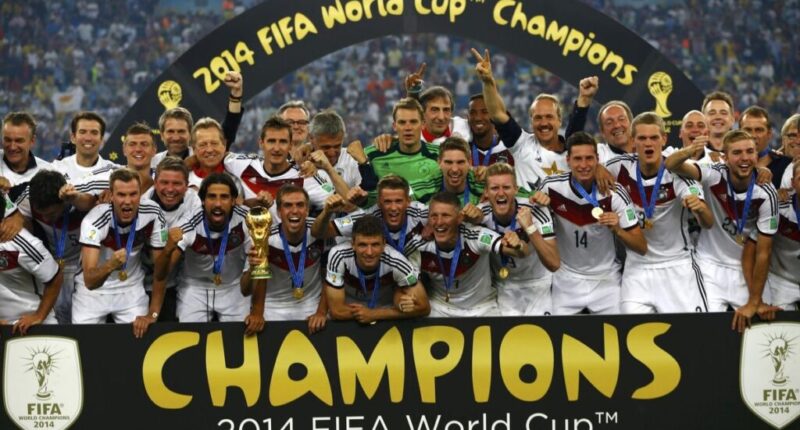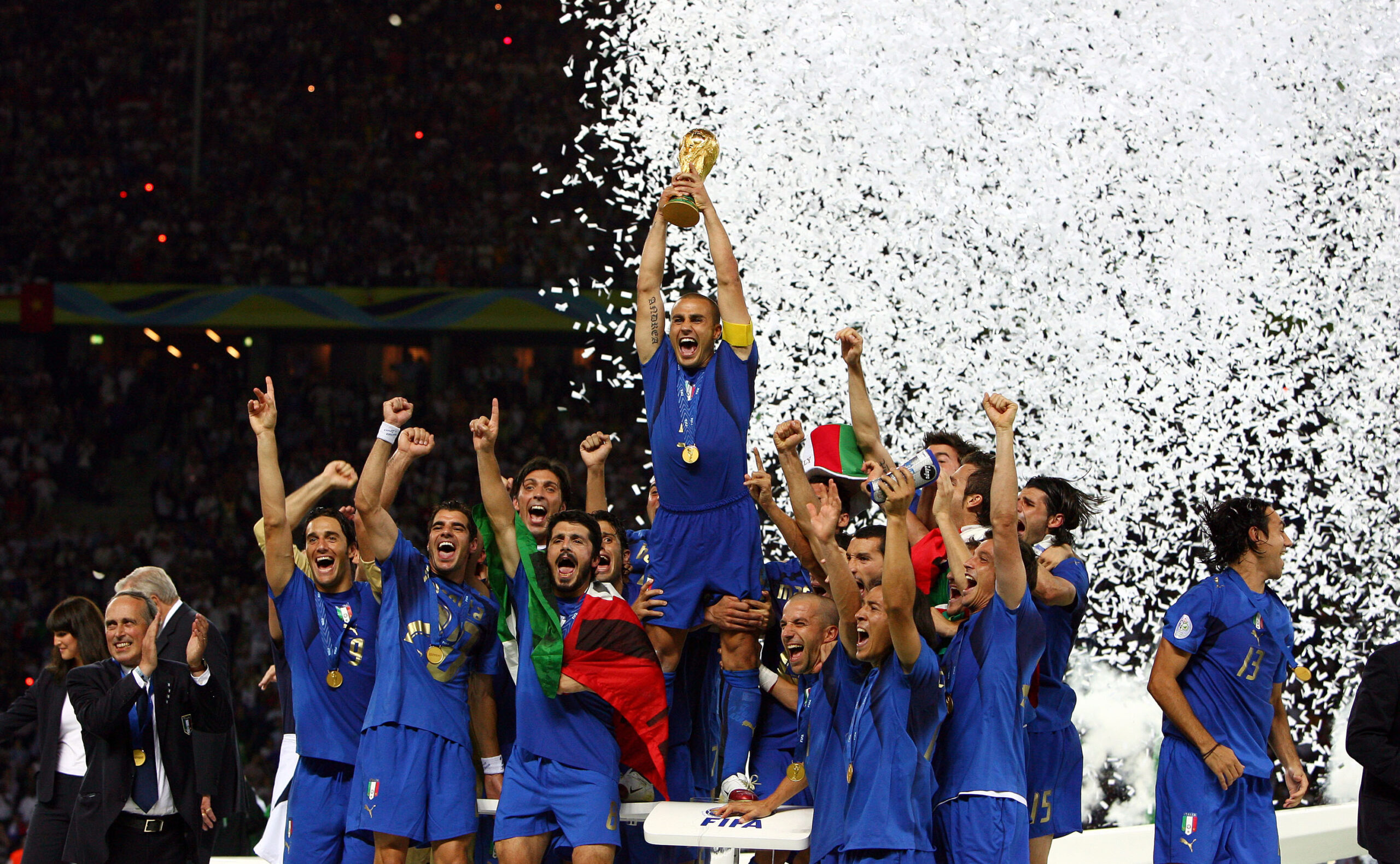Background
The 2014 FIFA World Cup was the 20th edition of the quadrennial international football tournament. It was held in Brazil from June 12 to July 13, 2014, and marked the second time that the country had hosted the event, the first being in 1950.
Participants
32 teams from different continents qualified for the tournament. They were:
- Brazil
- Mexico
- United States
- Costa Rica
- Argentina
- Colombia
- Chile
- Uruguay
- Belgium
- Bosnia and Herzegovina
- Croatia
- England
- France
- Germany
- Greece
- Italy
- Netherlands
- Portugal
- Russia
- Spain
- Switzerland
- Algeria
- Cameroon
- Ghana
- Ivory Coast
- Nigeria
- Australia
- Iran
- Japan
- South Korea
- Honduras
- Ecuador
Format
The 32 teams were divided into eight groups of four teams each, with the top two teams from each group advancing to the knockout stage. From there, the tournament proceeded in a single-elimination format, with the winners of each match advancing to the next round until the champion was crowned.
Matches
The tournament saw a total of 64 matches played across 12 different venues in Brazil. The opening match was played between Brazil and Croatia, while the final was contested between Germany and Argentina. The tournament saw a total of 171 goals scored, with an average of 2.67 goals per game.
Goalscorers
The Golden Boot for the top scorer of the tournament went to Colombia’s James Rodriguez, who scored six goals. The Silver Boot went to Germany’s Thomas Muller, who scored five goals, while the Bronze Boot went to Brazil’s Neymar and Argentina’s Lionel Messi, who both scored four goals each.
Winner
The 2014 FIFA World Cup was won by Germany, who defeated Argentina 1-0 in the final. This was Germany’s fourth World Cup victory and their first since reunification.
Legacy
The 2014 FIFA World Cup was widely regarded as a successful tournament, both in terms of the quality of football on display and the overall organization of the event. The tournament generated significant economic activity in Brazil, with an estimated $13.5 billion in economic output generated. It also left behind several notable legacies, including the renovation and construction of new stadiums, improvements to transportation infrastructure, and increased investment in public safety.
Controversy
The 2014 FIFA World Cup was not without its controversies, however. Prior to the tournament, there were widespread protests across Brazil over the high cost of hosting the event and the perceived lack of investment in social services. There were also concerns about the safety of fans and players, with several high-profile incidents of violence and crime reported during the tournament. In addition, there were allegations of corruption and bribery surrounding the awarding of the tournament to Brazil and the construction of new stadiums.





